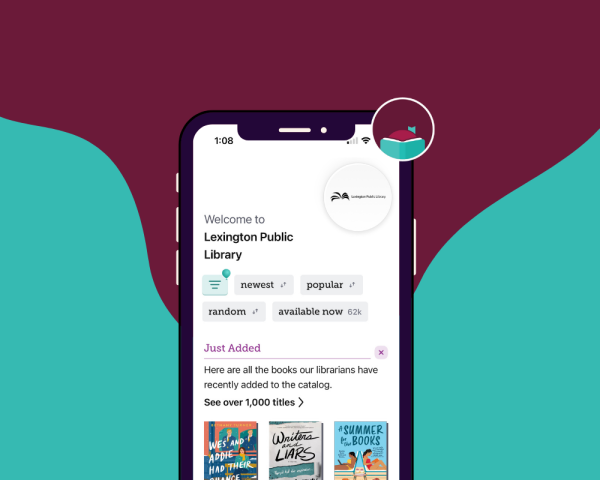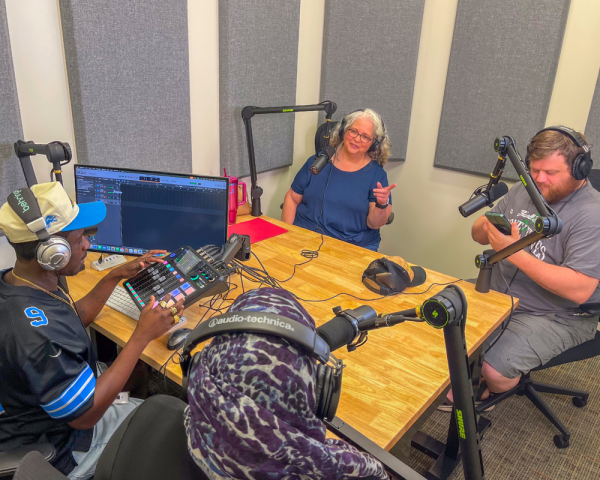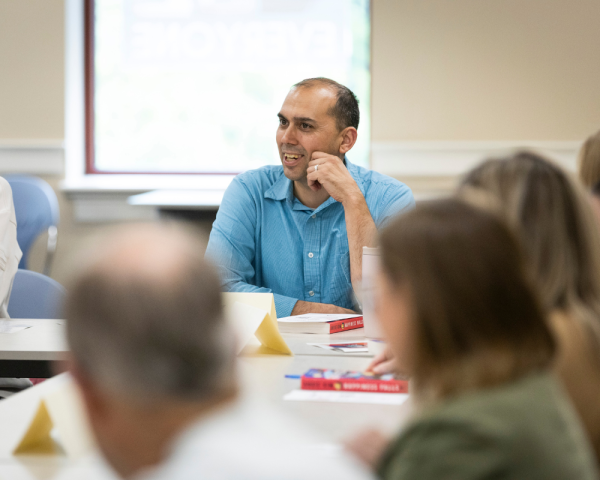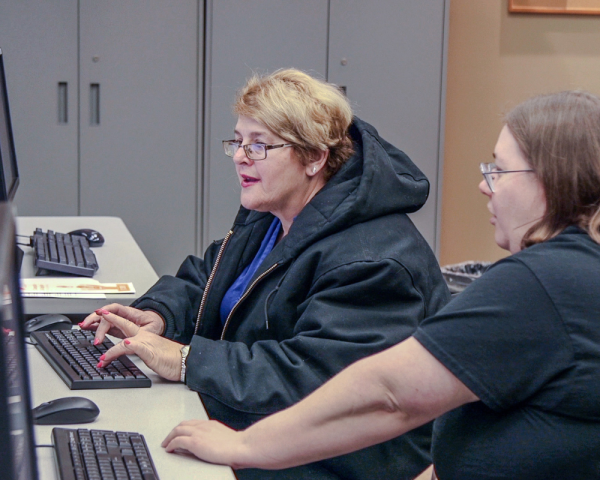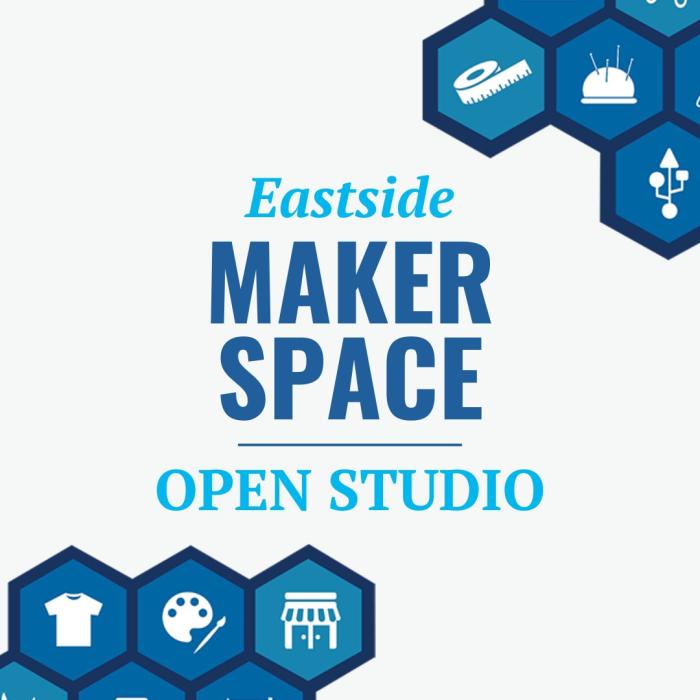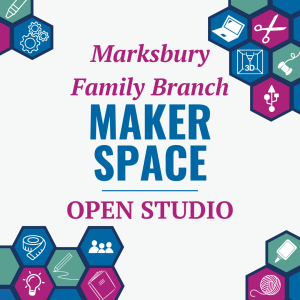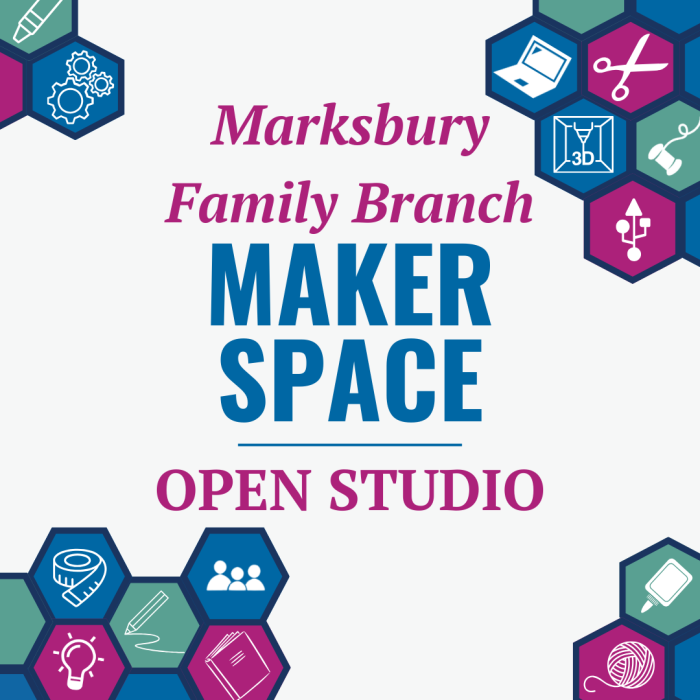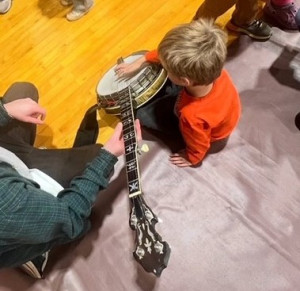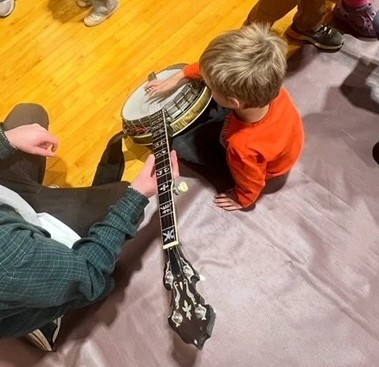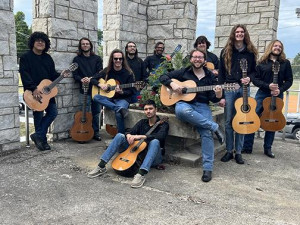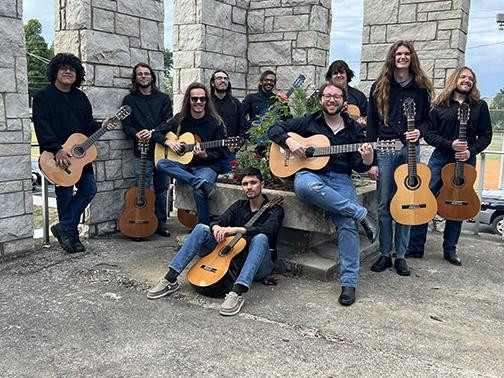

Website Search
Participants are welcome to drop-in anytime during Open STEAM Play and stay as little or as long as you would like!
Children 7 and under must be accompanied by a responsible caregiver.
Participants are welcome to drop-in anytime during Open STEAM Play and stay as little or as long as you would like!
Children 7 and under must be accompanied by a responsible caregiver.
Participants are welcome to drop in anytime during the program and stay as little or as long as they would like!
Children 7 and under must be accompanied by a responsible caregiver.
If you are planning on bringing a large group (10+ people) please contact our Experiential Learning Associate for accommodations. (859) 231-5500 ext. 1147
Participants are welcome to drop-in anytime between 3:30-5:30 pm and stay as little or as long as you would like!
Children 7 and under must be accompanied by a responsible caregiver.
If you are planning on bringing a large group (10+ people) please contact our Experiential Learning Associate for accommodations. (859) 231-5500 ext. 1147
Participants are welcome to drop-in anytime during Open STEAM Play and stay as little or as long as you would like!
Children 7 and under must be accompanied by a responsible caregiver.
Participants are welcome to drop-in anytime during Open STEAM Play and stay as little or as long as you would like!
Children 7 and under must be accompanied by a responsible caregiver.
Children 7 and under must be accompanied by a responsible caregiver. Please note that we will be building with the classic Lego bricks that contain small parts.
Participants are welcome to drop-in anytime between 3:30-5:30 pm and stay as little or as long as you would like!
Children 7 and under must be accompanied by a responsible caregiver.
If you are planning on bringing a large group (10+ people) please contact our Experiential Learning Associate for accommodations. (859) 231-5500 ext. 1147
The Eastern Kentucky University's Guitar Ensemble returns for a performance ranging from classical to pop. Classical Music Sundays presents live classical music the third Sunday of every month, September through May, with EKU music professor Bernardo Scarambone as emcee.

